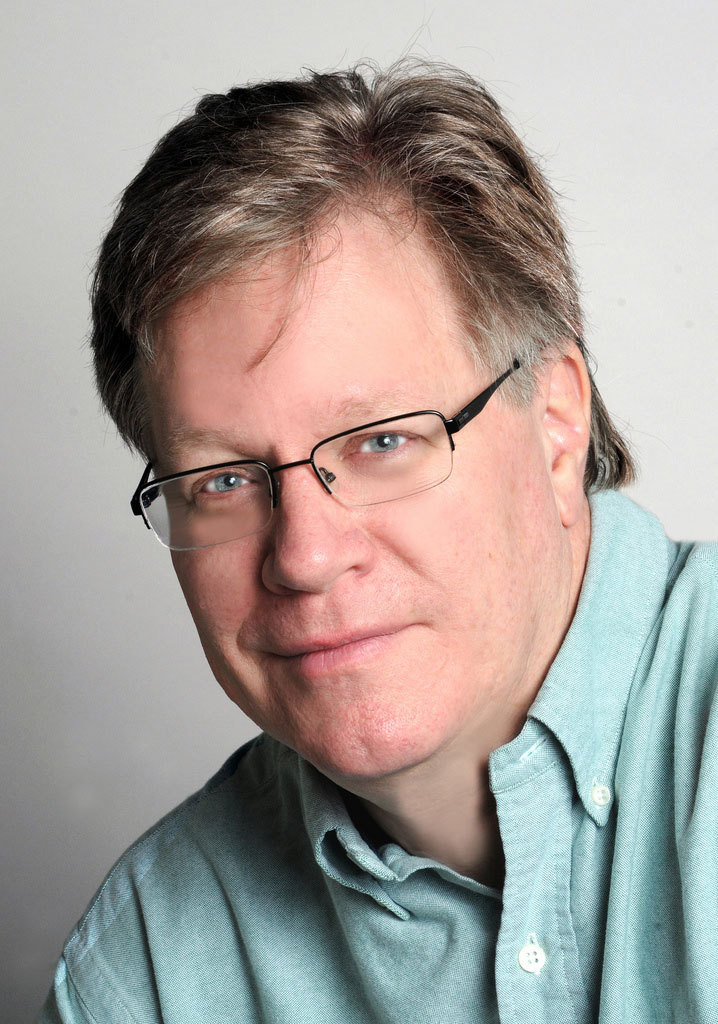New approach could help reduce bias in research, Stanford scholar says
Joyce Park stashed this in Science
Stashed in: Science!, Truth, Medicine, Your argument is invalid., Science Too, Bias
Another way the computer is deeply impacting science as a method: blind analysis. Researchers will not be able to see the results until they complete their research, to reduce the amount of bias that results from subtly tipping the scales to support a hypothesis. Apparently already used in physics, but I imagine the techniques -- which could easily be built into software packages -- would be even more valuable for medicine and social science.
Why it makes sense to apply blind analysis to the biological, psychological and social sciences:
There is increasing evidence that a large fraction of the published results in many fields, including medicine, don't hold up under attempts at replication, and that the proportion of "statistically significant" published results is "too good to be true," given existing sample sizes. What's causing this? Many factors, but much of it has to do with confirmation biases that stack the deck in favor of a preferred hypothesis.
Blind analysis is particularly valuable for highly politicized research topics and for empirical questions that emerge in litigation. For example, forensic laboratories are beginning to adopt simple blind analysis methods. And in some cases, expert witnesses could apply their preferred analytic methods to blinded data, which would greatly increase the credibility of their conclusions.
The Robert MacCoun essay in Nature:
http://www.nature.com/news/blind-analysis-hide-results-to-seek-the-truth-1.18510











8:03 AM Oct 08 2015